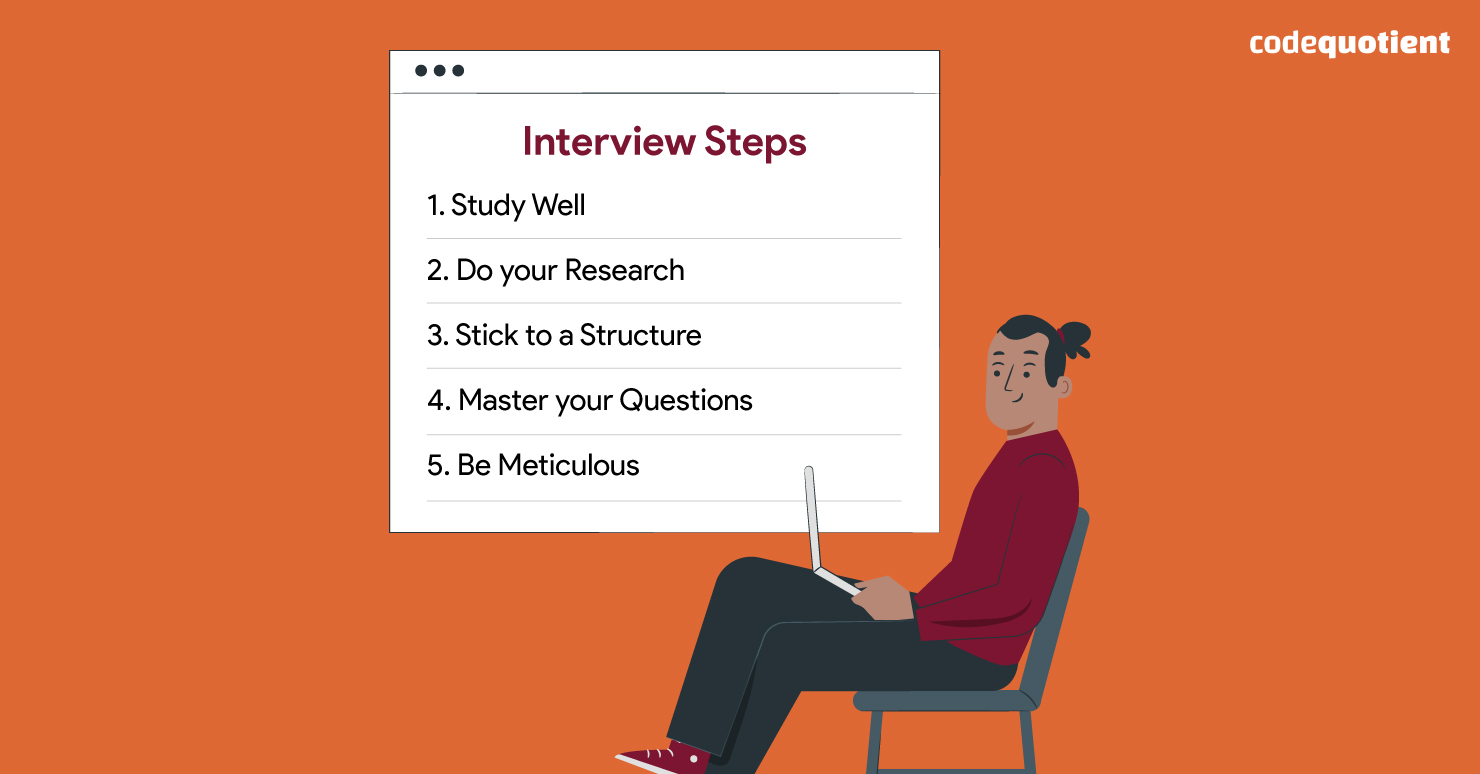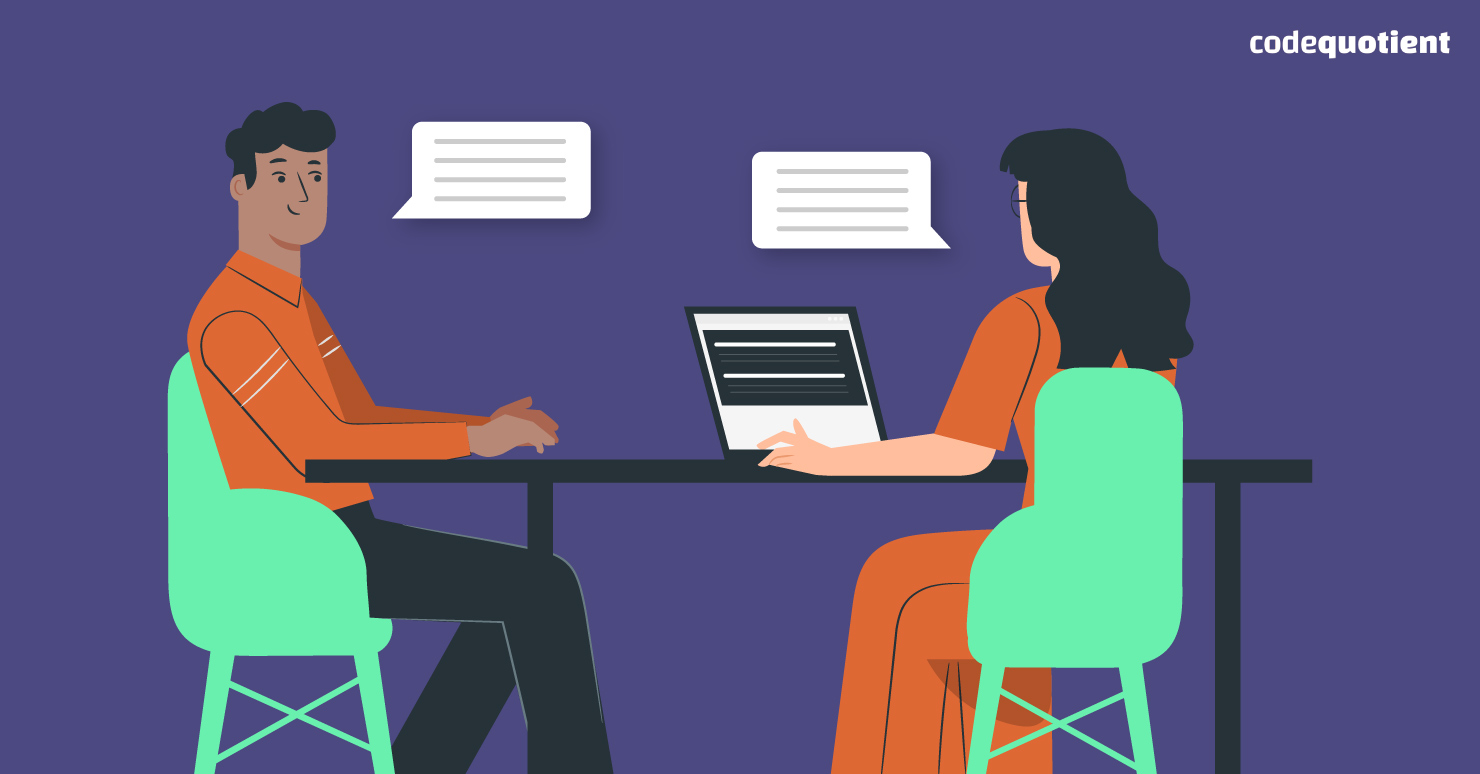A job interview is the best possible way to gain true insight into a candidate’s capabilities. Many factors go into effective interviewing. Most include decent preparation, relevant experience, active listening skills, and consistency. So, how do you distinguish exceptional job candidates from average ones to improve your interview skills? Read on to find the answer.
How To Enhance And Polish Your Interview Skills?

Interviewing can appear like an uphill battle, but hiring leaders and great employees is also meritorious. Pump up your interview skills with these steps:
1. Study Well
The first step requires you to study the profile, company culture and job description of the particular position you’re hiring for and determine the core competencies required. These could include knowledge, skills, attitude, credentials and the amount of experience. Prioritise these competencies and identify the candidate’s role in the organisation. Be sure the applicant has read the job description.
Excellent and detailed job descriptions will help you understand the duties and responsibilities you’re looking for.
2. Do your Research
Research the best, most targeted, and most common interview questions and tailor them to the skills and other qualifications needed for the position. You can also practice mock interview questions.
Consider using situational or behavioural questions to get a well-rounded idea of the candidate, including their personality and approaches to workplace situations.
3. Stick to a Structure
A structure sets up the parameters of the job interview and keeps you focused. Creating pointers will help you maintain an outline of questions to ensure you cover all the essential information and sharpen your interview skills.
A structured interview will consist of a list of questions that you will use with every applicant. This will give you a good perspective of how all the candidates answered the same question.
Having a standard rating system for all the candidates will ensure you objectively judge each one using the same criteria.
4. Master your Questions
Have at least 3-5 questions prepared to practice interview that you want to ask beforehand. A good job candidate can smell the lack of preparation on your part.
The questions can be anything you feel is appropriate to determine if the candidate is a potential fit for the job and company. Of course, you can always start with the classic—’ Tell me about yourself‘ followed by ‘Why do you feel you’re fit for this position? ‘ Then, as the interview progresses, ask questions to insert a specific type of experience you want them to describe.
Each of these questions has a unique purpose so you know what you’re looking for in your ideal candidate.
5. Be Meticulous
Highlight the items you want to ask in a pre-interview notice. Highlighting specifics allows the candidate to showcase their value and the experiences they’ve had prominently. In addition, they now possess the ability to answer by giving you details and showing evident achievements.
Devise a personalised interview plan based on your candidate’s intellectual ability, personality and motivation. For example, you could develop questions in categories such as – fact-finding, creative thinking, problem-solving and behavioural.
Also read: A Hiring Manager’s Guide to Negotiating Software Engineer Salary
Communicate your expectations for the person in this position throughout the interview process. In addition to asking the interviewee questions about their roles and experiences, make sure you let the candidate know what you hope the future employee will achieve and explain the position’s goal and purpose.
6. Be Mindful
Interviewing allows you to select and attract the best candidates. However, given the social nature of interviews, there’s often significant room for misinterpretation.
The result could be potentially diluted by intentional favouritism, stereotyping, and unconscious cognitive biases that can influence the ability to judge talent and hire effectively. Hence, being mindful of such unwanted happenings before the interview is a must and an essential interview skill.
7. Show Care
Prepare the critical questions to be asked and build rapport with the candidate. Remember, the candidate might be a little scared or anxious. So, it’s a good idea to break the ice with a little warm conversation and small talk. This helps the candidates.
Listen closely to what the candidate has to say. Don’t forget to take notes, make eye contact, and ask follow-up questions to demonstrate your genuine engagement in the interview.
Curb unnecessary distractions and provide the candidate with your undivided attention. This will give a non-verbal cue that you are interested in, further encouraging them to continue expressing themselves. A lot of communication is non-verbal, and you can learn quite a bit through their body language and tone of voice when communicating.
If enthusiasm is lacking from the other end, it’s alright to assume the candidate is not looking to contribute or add value to your organisation.
Sometimes, hiring managers mistakenly assume that when a candidate is nervous, it means he or she is unfit for the organisation. Remind yourself that nervousness should not equate to potential. Know the difference between someone who is nervous and someone who has the wrong credentials and experiences or is unqualified.
8. Keep Learning to Enhance Interview Skills
Towards the end, do take the time to describe the next step in the hiring process.
You can always count on online resources and ask more experienced recruiters or interviewers in your network for advice.
Organising and filing your notes will enable you to refer back to them at any time.
Analyse each interview and judge areas that could be improved. A skilful interviewer views mistakes as opportunities to improve.
Truly fine-tune your interview process, and your interview skills will prove to be more fruitful with every attempt.
CodeQuotient partners with companies to help hire top talents from the best educational institutions nationwide. We fish out the most potential candidates, train them rigorously (under our Software Engineering Bootcamp), and prepare them to take on any challenges along the way. As a result, our graduates have been hired by tech giants like Amazon, Samsung, and Oyo, among others. Learn more about our training process here. For inquiries, contact us today.
Happy Hiring!




